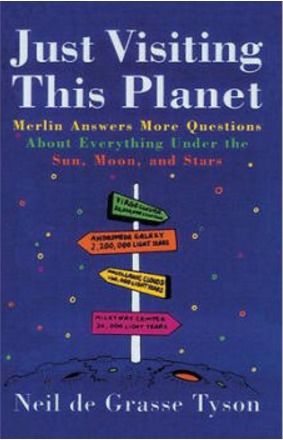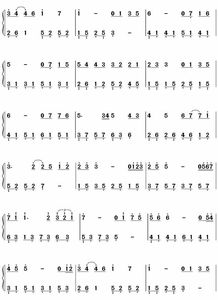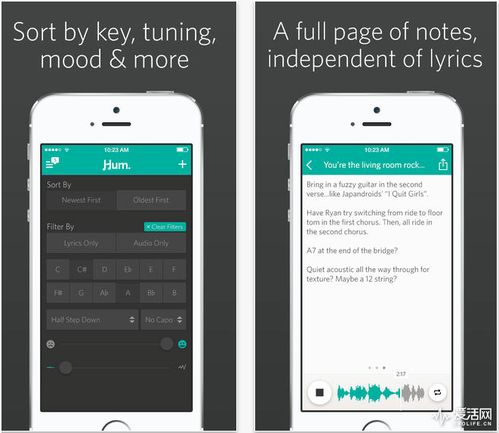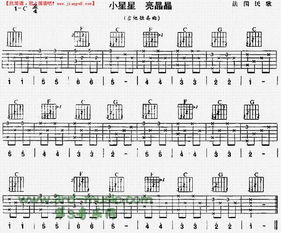merely(merely和barely的区别)
Engvid - Understanding "Merely" and "Barely" in English
Understanding the nuances of English vocabulary can greatly enhance your writing and speaking skills. In this article, we will delve into the differences between "merely" and "barely," two words that often confuse learners. By exploring their meanings, usage, and contexts, you will be able to use them correctly in various situations.
What Do "Merely" and "Barely" Mean?
First, let's understand the basic meanings of these words:
Merely: This word means "only," "just," or "simply." It is used to indicate that something is limited in extent, degree, or importance. For example, saying "He merely glanced at the letter" means he looked at it briefly and without much effort.
Barely: This word means "almost not at all" or "just barely." It is used to describe something that happens to a very small extent or with great difficulty. For example, "She barely managed to finish the task" implies that she faced significant challenges.
How Do They Function Grammatically?
Both words are adverbs, but they are used differently:
Merely: "Merely" is used to describe the extent or degree of something. It can modify adjectives, adverbs, or entire clauses. For instance:
- "He merely looked at the letter" (modifies the verb "looked").
- "Merely good" (modifies the adjective "good").
- "I merely wanted to talk" (modifies the entire clause).
Barely: "Barely" is used to indicate that something happens to a minimal extent or with great difficulty. It often comes before adverbs or participial phrases:
- "She barely managed to finish" (modifies the verb "managed").
- "I barely avoided the accident" (modifies the verb "avoided").
- "Barely enough" (used as an adverb modifying "enough").
When to Use "Merely" vs. "Barely"

The choice between "merely" and "barely" depends on the context:
Use merely when you want to emphasize that something is limited in extent or importance. It suggests that the action or state is confined to a specific boundary.
Use barely when you want to emphasize that something happens to a minimal extent or with great difficulty. It often implies that the action was barely accomplished.
Examples in Context
Let's look at some examples to illustrate the differences:
Merely: "The project was merely a small part of our larger plan."
Here, "merely" is used to show that the project was a limited part of something bigger.
Barely: "She barely managed to complete the assignment before the deadline."
In this case, "barely" is used to show that completing the assignment was challenging and minimal.
Practice Sentences
Try to use these words in your own sentences:
She __ (merely/barely) made it to the airport on time.
If she barely made it, she was late or had a hard time getting there.
He __ (merely/barely) knows how to cook.
If he merely knows how to cook, it means he knows a little.
The event was __ (merely/barely) attended by a few people.
If it was barely attended, it means only a few people went, with difficulty.
Tips for Using These Words Correctly
Pay attention to the context and the tone of the sentence. If the situation implies difficulty or minimal achievement, use "barely." If it implies limitation or confinement, use "merely."
Remember that "merely" can be used in more neutral or positive contexts, while "barely" often carries a connotation of difficulty or insufficiency.
Practice using them in both positive and negative sentences to understand their nuances better.
Conclusion
In summary, "merely" and "barely" are useful adverbs in English, but they serve different purposes. "Merely" emphasizes the limited extent or importance of something, while "barely" highlights the minimal or difficult extent to which something occurs. By understanding these distinctions, you can use them appropriately in your writing and speaking to convey your meaning more effectively.
Don't forget to visit Engvid for more English learning resources and tips! Happy learning!
相关文章:
文章已关闭评论!










